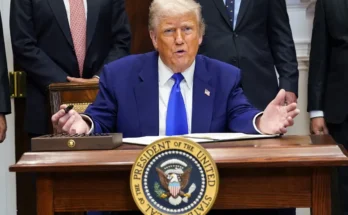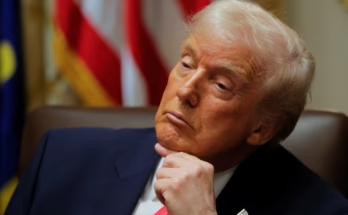Before SpaceX became synonymous with private space exploration, Elon Musk was just an internet billionaire with a wild dream: sending rockets to Mars. But unlike most dreamers, Musk didn’t wait for credentials—he built his own education from scratch.
In 2001, Musk cold-called aerospace consultant Jim Cantrell, introducing himself as an “Internet billionaire” seeking advice on Russian rockets. Cantrell, skeptical at first, soon realized Musk wasn’t just dabbling—he was devouring knowledge. Musk borrowed Cantrell’s textbooks, including Rocket Propulsion Elements, Aerothermodynamics of Gas Turbine and Rocket Propulsion, and Fundamentals of Astrodynamics. He didn’t just skim them—he memorized passages, quoted them verbatim, and internalized the physics behind propulsion and orbital mechanics.
Musk’s learning method was twofold: absorb the theory, then surround himself with the best minds in the field. He built a network of top-tier engineers, including propulsion expert Tom Mueller, and created a culture where deep expertise met relentless ambition. Cantrell described it as “spaceapalooza”—a gathering of brilliant minds fueled by Musk’s vision.
Despite holding degrees in physics and economics, Musk’s real education began after college. He dropped out of Stanford’s PhD program after just two days, choosing action over academia. His mantra? “I read books.” That simple phrase became the foundation of SpaceX’s origin story.
Musk’s journey proves that expertise isn’t confined to classrooms. With obsessive curiosity, a refusal to accept limits, and a willingness to learn from anyone, he transformed himself into a rocket scientist—and built a company that now launches astronauts into orbit.



